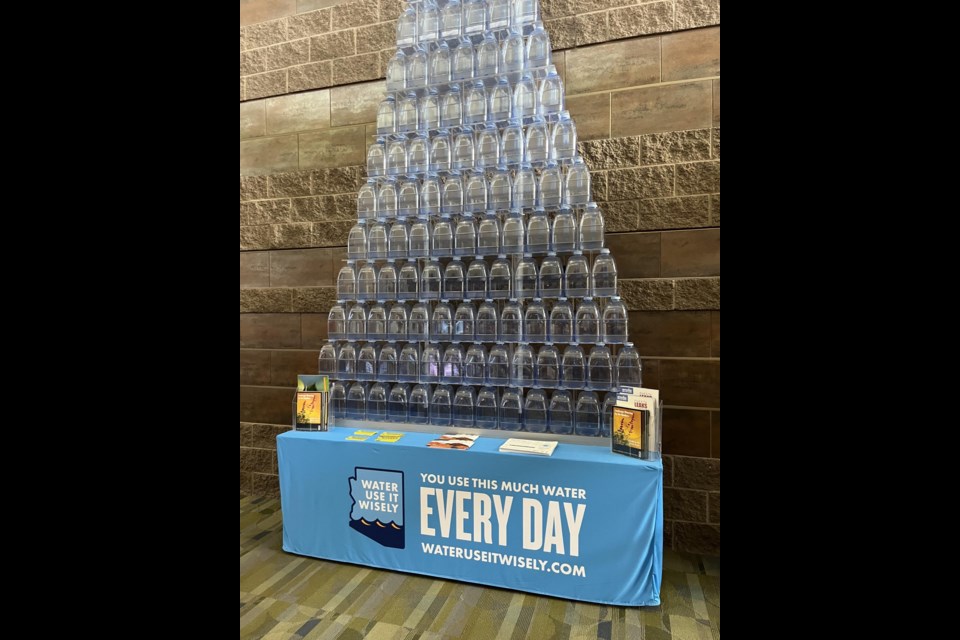Summer is right around the corner, and it’s time to get ready for the sweltering heat season from May to September, when Arizona becomes one of the hottest places on earth.
No one is risk-free when it comes to deadly summer heat. Arizona hospitals saw an annual average of 2,858 heat related emergency department visits and 582 deaths from 2018 to 2022. Specific data will be available on our website in June.
Heat-related illness and death can easily be prevented with the right safety measures and intervention. The key is to stay cool, stay hydrated and stay informed. To overcome the life-threatening heat, we bring you some tips to keep you and your loved ones cool and safe during our nearly endless summer.
Stay cool: If you need assistance keeping your home cool, contact the Low Income Home Energy Assistance Program (LIHEAP) or find a cooling center nearby.
Stay hydrated: Drink plenty of water before and after work and play. Start drinking before you feel thirsty! We recommend drinking at least two liters (8-plus cups) of water each day, even if you are mostly indoors. Outdoor workers, anyone who is outside in high temperatures, those engaging in physical activity and individuals who have certain health conditions should increase their intake.
Stay informed: Stay safe from the extreme heat this summer by paying attention to National Weather Service heat warnings and signing up for ADHS heat warning alerts.
Try to stay indoors during the hottest parts of the day (from 10 a.m. to 4 p.m.) and avoid hiking and outdoor strenuous activity when temperatures are high. Many hiking trails will close on extreme heat days and pets are not allowed on Phoenix area hiking trails when the temperature is above 100 degrees.
Help us save lives by spreading heat awareness in the community. We invite you to partner with us and National Weather Service Offices, the Arizona Department of Emergency and Military Affairs for monsoon season awareness, the City of Phoenix Office of Heat Response and Mitigation and the Grand Canyon National Park Service in raising awareness about this important issue.
Your county or city is also likely to have information to help you weather the summer. Find your county’s website and plan ahead to be safe as the temperature rises.
Dr. Eugene Livar is the assistant director for Public Health Preparedness at the Arizona Department of Health Services (ADHS). Eugene has been part of the ADHS team since 2012. He began his public health work at ADHS as an epidemiologist assisting with state efforts covering border health and unexplained deaths. Since then, he has held roles as Healthcare-Associated Infections (HAI) program manager, office chief of Disease Integration and Services, and bureau chief of Epidemiology and Disease Control. Livar has assisted with multiple Health Emergency Operations Center responses during his time at ADHS. In his current role, he leads the division of Public Health Preparedness that encompasses the Bureaus of Epidemiology & Disease Control, Public Health Emergency Preparedness, Emergency Medical Services & Trauma Systems, and State Laboratory Services.



